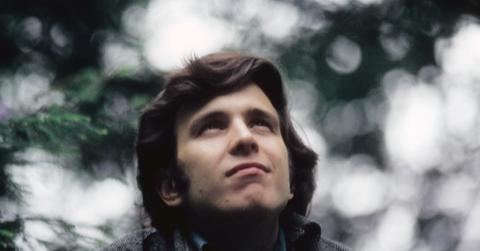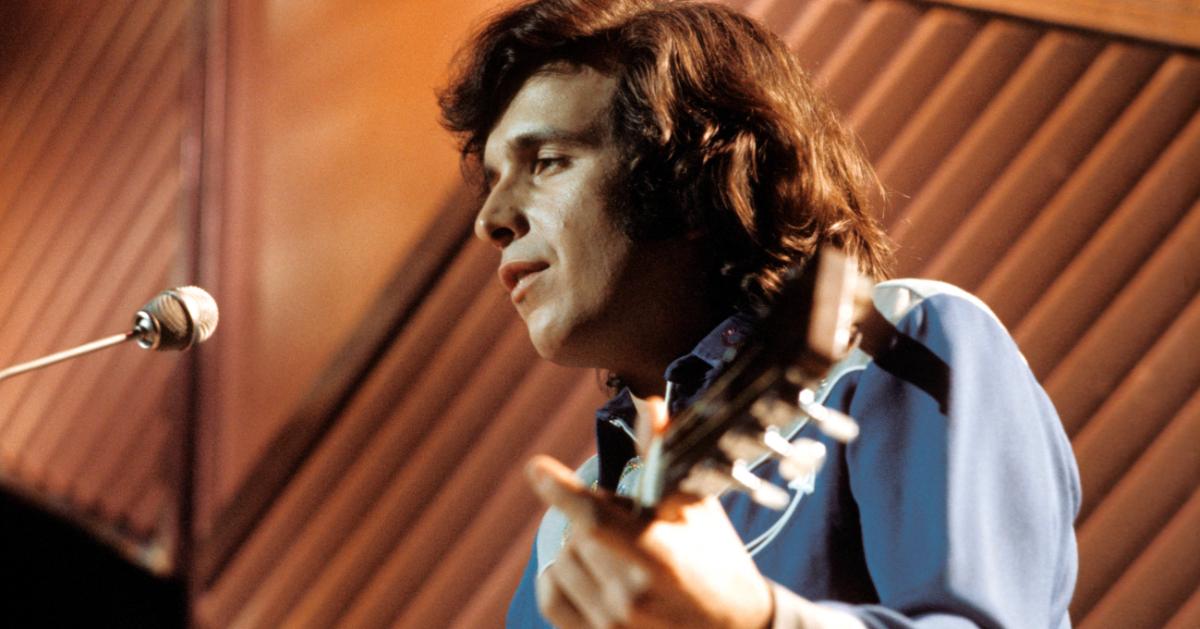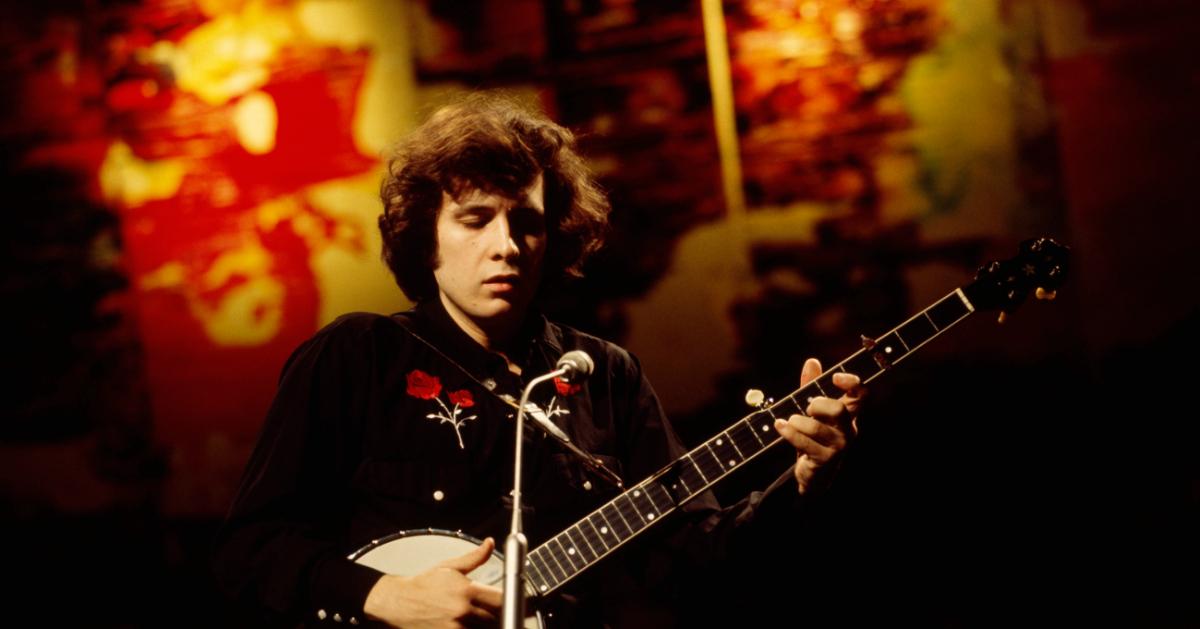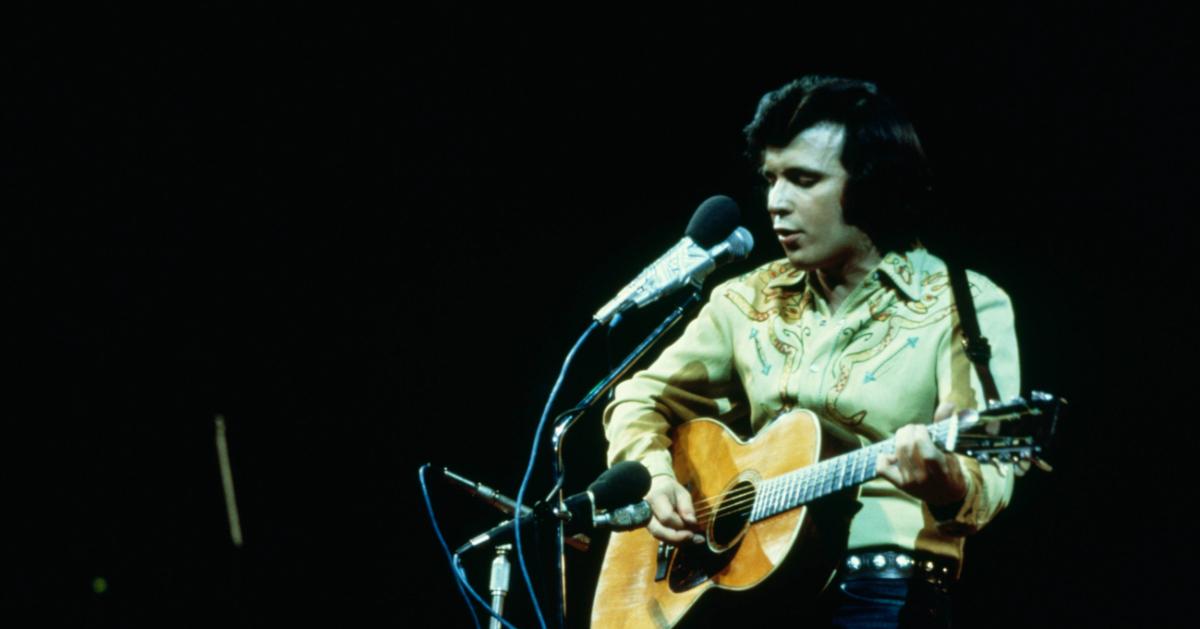Don McLean's "American Pie" Discusses the Impact Of "The Day the Music Died"
Updated Feb. 3 2023, 1:20 p.m. ET

There are few songs in the history of music that jam as much pop culture into their runtimes as "American Pie" does. Don McLean's definitive 1971 hit song remains, to this day, the singer's biggest track. Despite coming out over half a century ago, it is still entertaining new listeners daily.
"American Pie" is a journey through America's cultural landscape spanning over a decade of events during one of its most formative times of the 20th century. With that being said, what is the meaning of the song? Keep reading to find out.

What is the meaning of "American Pie"?
The deeper meaning behind "American Pie" is something that has been hotly debated by fans of the song for decades now. However, when we take the song simply at its lyrical face value, it's clear that the track is telling a story about the events that transpired between the years 1959 and 1970 in the U.S.
At the top of the song, Don sings of how "something touched me deep inside / The day the music died." The day that he is referring to is Feb. 3, 1959, the infamous date of the plane crash that killed Buddy Holly, Ritchie Valens and the Big Bopper. The three stars were individually at the top of the music world at the time of the tragic crash, and their deaths all on the same day of the same circumstance became largely referred to in popular culture as "the day the music died."
Its iconic chorus is a reference to several things. "Miss American Pie" is a term created by Don that seems to combine Miss America, as in the beauty pageant, and apple pie, a popular American dessert. "Drove my Chevy to the levee, but the levee was dry" is largely regarded as a reference to Chevrolet being popular in the 1950s and 1960s, discussing how young people would hang out/race their cars at local levees.
"And them good old boys were drinkin' whiskey 'n rye," touches on some stereotypical American alcoholic beverages. The following line, "Singin', 'This'll be the day that I die' / 'This'll be the day that I die'" Is a reference to Buddy Holly's song "That'll Be The Day."
The first verse sees Don recalling growing up in the era of rock's takeover in mainstream music ("Now do you believe in rock 'n' roll / Can music save your mortal soul"). It talks of his high school years and losing love through lines such as "Well, I know that you're in love with him / 'Cause I saw you dancin' in the gym."
After repeating the chorus, Don fast-forwards ten years to present what had changed in the American landscape. He sings, "When the jester sang for the king and queen / In a coat he borrowed from James Dean / And a voice that came from you and me," he is referencing Bob Dylan. On the cover of his second album, "The Freewheelin' Bob Dylan," Bob wears a coat very similar to the jacket James wore in the 1955 film Rebel Without A Cause.

References to Bob continue with "Oh, and while the king was looking down / The jester stole his thorny crown." This line discusses how Elvis Presley was drafted into the military despite being the "king" of music at the time and how Bob came in during his absence to become the de-facto leader of the counterculture.
Shots at John Lennon's known far-left ideologies came in the next line when Don sang, "And while Lennon read a book on Marx / The quartet practiced in the park."
After repeating the chorus, the third verse moves on to discuss Charles Manson ("Helter skelter in a summer swelter"), the rise of every legendary 1960s musician in the wake of Bob's 1966 motorcycle accident ("The players tried for a forward pass / With the jester on the sidelines in a cast"), and more.
The fourth verse continues the journey through time, arriving at the late 1960s when counterculture began to dissolve ("A generation lost in space"). Then, it wholly transitions to discussing the tragic Altamont Free Concert held on Dec. 6, 1969, in California. At that event, Hells Angel bikers hired by The Rolling Stones as security stabbed an 18-year-old man named Meredith Hunter, per The Bulletin in 1969.

In the song's closing lines, Don really hammers home the notion that the music has died once more. Through lines such as "I went down to the sacred store / Where I'd heard the music years before / But the man there said the music wouldn't play," he makes it known that the spirit of the industry that existed prior to "the day the music died" had fully dissolved at this point, over ten years removed from the event.
To bookend the track, Don sings once more of the death of Buddy, Richie, and the Big Bopper. "And the three men I admire most / The Father, Son, and the Holy Ghost / They caught the last train for the coast / The day the music died."
All-in-all, "American Pie" is a memorable snapshot of a generation and a poignant reminder of how much things can change in a relatively short period of time.